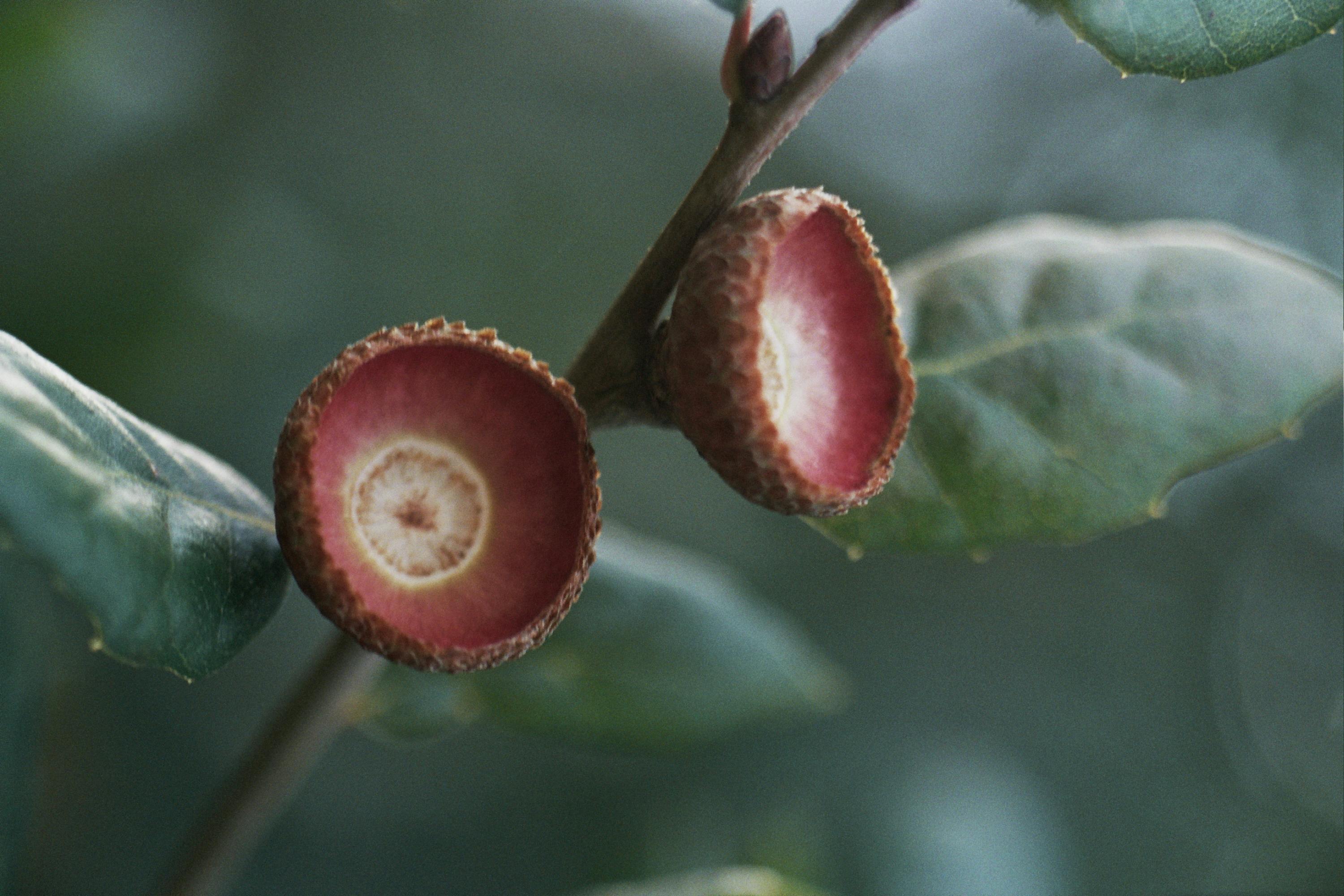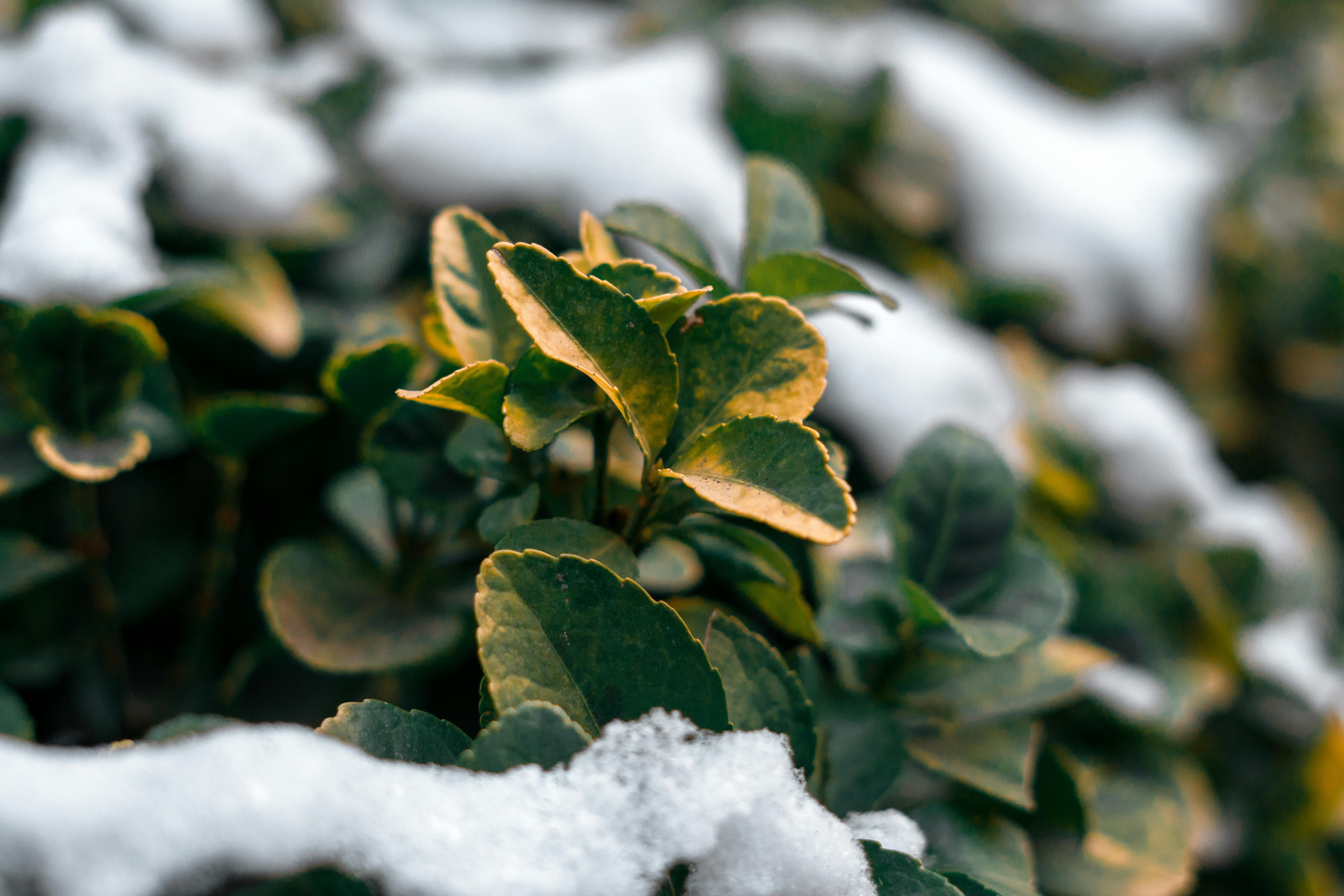Growing a winter garden can be a great way to enjoy fresh vegetables even during the coldest months of the year. With some careful planning and preparation, you can have a thriving garden all winter long. In this article, we will discuss how you can successfully grow a winter garden and what types of vegetables are best suited for winter gardening.The advantages of growing a winter garden are numerous. Growing a winter garden can provide fresh vegetables, herbs, and flowers during the colder months when many plants are not available. It also provides an opportunity to extend the growing season and save money on groceries. A winter garden can also increase the biodiversity of an area, as certain plants may be able to thrive in the colder temperatures that would otherwise not be able to survive. Additionally, a winter garden can provide protection from wind and frost, allowing plants to continue to grow during colder weather. Finally, a winter garden can also help reduce food waste by allowing for more produce to
What Crops Can You Grow in a Winter Garden?
Winter gardening can be a great way to enjoy fresh produce all year round. With the right planning and preparation, winter gardens can provide plenty of fresh fruits and vegetables. There are many crops that can be grown in winter gardens, including cool-weather favorites like kale, turnips, carrots, cabbage, broccoli and Brussels sprouts. Other popular winter garden plants include peas, radishes, onions and garlic. Spinach is another popular winter crop that grows well in cold temperatures.
Preparing the Soil for Your Winter Garden
Winter can be a difficult time for gardeners, but planning ahead and preparing the soil can help ensure a successful winter harvest. Start by testing the pH of your soil to make sure it’s within a suitable range for your plants. If pH levels are too low or too high, you can add lime or sulfur to adjust them. Once you have the soil at the right pH level, it’s time to start adding organic matter like compost and manure. These will help improve drainage, water retention, and soil
Choosing the Right Location for Your Winter Garden
When it comes to creating a winter garden, choosing the right location is key. The location of your winter garden will determine how successful your plants will be, and the quality of your produce. Here are some tips for selecting the right location for your winter garden.
First and foremost, consider the amount of sunlight that a particular area receives during the winter months. The more sun exposure a location has, the better it will be for your plants. Look for areas that get at least six hours of
https://images.pexels.com/photos/13676993/pexels-photo-13676993.jpeg
Protecting Your Winter Garden from Frost and Snow
Winter can be harsh on your garden, with frost and snow wreaking havoc on your plants. Fortunately, there are some steps you can take to protect your winter garden from the cold. Here are some tips for protecting your winter garden from frost and snow.
The first thing you should do is cover your plants with a protective layer of mulch. Mulch helps to insulate the soil, keeping it warmer in the winter months. You can also use straw or hay to

Plan Ahead
It is important to plan your winter garden ahead of time. Make sure you know what plants you want to grow and when they should be planted. Research the type of soil and climate that each of your plants will need in order to be successful. Also, consider when you can begin planting and when you will need to harvest your plants. This will help you make sure that your plants have enough time to mature before the colder temperatures arrive.
Prepare Your Soil
Your soil should be
Watering and Fertilizing Your Winter Garden
It is important to water and fertilize your winter garden to help it thrive during the cold months. Proper watering and fertilization can help to protect plants from frost damage, ensure that they get enough nutrients, and help them to survive the winter. Here are some tips for watering and fertilizing your winter garden.
When watering your winter garden, make sure that you water deeply but not too frequently. This will help to ensure that the roots of the plants are able to reach down deep into the
Controlling Weeds in Your Winter Garden
Weeds can be a nuisance in any garden, but they can be especially troublesome in winter. In the cold weather, weeds are more likely to sprout and grow unchecked, competing with your plants and stealing valuable resources like water and nutrients. Fortunately, there are steps you can take to control weeds in your winter garden.
One of the most effective ways to keep weeds from taking over is to prevent them from germinating in the first place. To do this, apply a pre-emergent herbicide to

Conclusion
Growing a winter garden is a great way to save money, increase your food security, and enjoy the outdoors during the cold season. When planning your winter garden, it’s important to keep in mind the needs of your plants, the climate where you live, and the amount of time you can dedicate to caring for your garden. Planting cold-hardy vegetables and utilizing row covers are a few ways to ensure success in your winter gardening endeavors. With proper planning and care, you’ll be able to enjoy fresh produce all year round!
